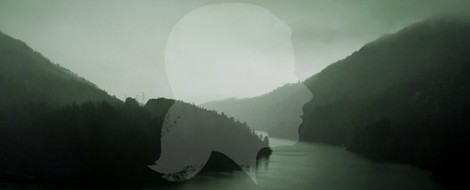Your podcast discovery platform
Curious minds select the most fascinating podcasts from around the world. Discover hand-piqd audio recommendations on your favorite topics.

piqer for: Globalization and politics Global finds Climate and Environment
Javier is a Berlin-based multimedia journalist. He completed a MA in International Journalism at City, University of London and is focused on humanitarian and conflict issues.
With experience in several countries, he's covered the refugee crisis, Turkey's coup attempt and the Kurdish conflict.
Among others, his work has been published at ABC News, Al Jazeera, Channel NewsAsia, RBB, IRIN News, El Confidencial, Público or Diario ABC.
Podcast Series: Norway's Most Mysterious Cold Case
Norway is known for being a peaceful, quiet country. Sadly, there are exceptions, like the horrific attack carried out by the far-right terrorist Anders Breivik in 2011. However, it continues to be seen as a perfect place to live — I suppose that's one of the reasons why it was chosen the happiest country in the world last year.
However, Norway also has a dark side. Mysterious homicides aren't only taking place in Scandinavian crime novels.
The Norwegian state broadcaster NRK has partnered with the BBC to produce the podcast series "Death in Ice Valley". NRK's investigative journalist Marit Higraff and BBC's producer Neil McCarthy take us back in time to November 1970, when police found the body of a woman in an isolated spot of Norway's Isdalen Valley.
"Isdal Woman" is precisely the name of the series' first episode, because the identity of the body was never revealed. Even though the case was widely reported by the Norwegian press back then, most of the details regarding what happened to the woman, and especially how and why it happened, remain unknown. It's still a big mystery, probably the country's biggest mystery.
NRK has been working on the story for a very long time. And now, with the help of the BBC, they aim at spreading the word all around the world. However, what this podcast series offers isn't just a collection of testimonies — they are far more ambitious.
Using today's new communication technologies and social media, they hope to reach out to people who could help with leads and ideas in order to open new doors in the investigation.
They have set up a Facebook group, which already has more than 2,100 members. The journalists are also publishing extra material there, like documents and images.
Will the podcast team find new, revealing hints thanks to their collaborative approach? Can journalism really help solve cold cases? I guess we will just to stay tuned to find out.
